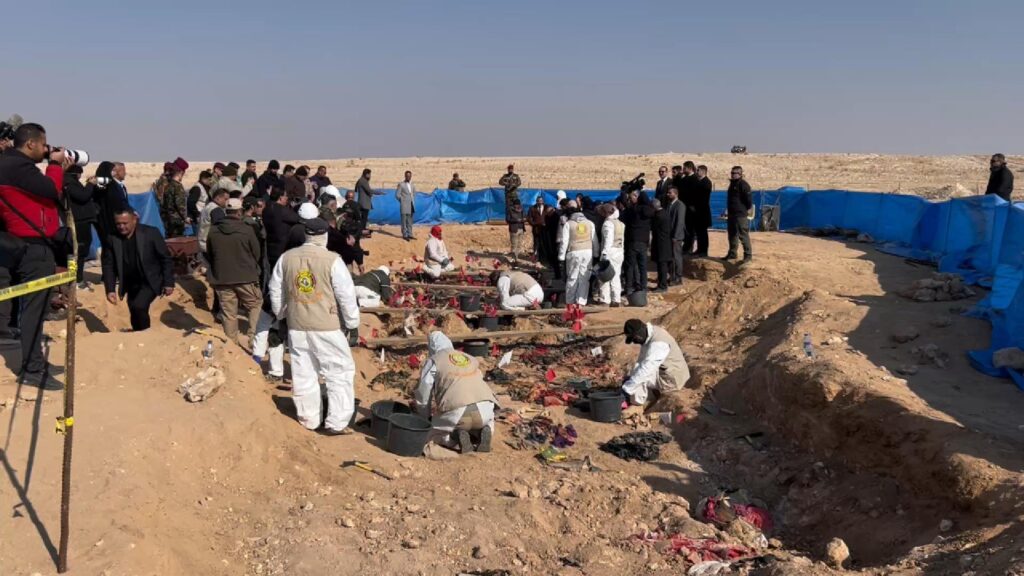France won’t repatriate ISIS fighters, families from Syria

"No communal repatriation was under consideration to be carried out," French Interior Minister Christophe Castaner said in a press conference in Paris on Friday. France would, however, consider returning children of fighters on an individual basis, he added.
A day earlier, French daily Liberation reported that there had been a government programme to return French jihadists and their families, but that it was scrapped because of public hostility towards the idea.
Liberation reported that France’s intelligence service had a detailed list – including name, date of birth, place of detention, and time spent in ISIS territory – of some 250 men, women, and children it was prepared to repatriate.
Castaner denied that public opinion was a factor in their decisions on the issue.
Paris has repatriated five orphaned French children who had been living in camps in Kurdish-controlled northern Syria, according to AFP.
On Friday, Germany said they had brought home several children whose parents were jailed in Iraq.
"The number of minors already brought back to Germany has reached a high single-digit figure," a source from the Foreign Ministry told AFP. The children are now living with relatives in Germany.
The Syrian Democratic Forces (SDF) captured more than 1,000 foreign ISIS fighters and thousands of their wives and children. Some 9,000 foreigners are being housed in al-Hol camp.
“We can’t put up with this burden alone,” Abdulkarim Omar, chair of foreign relations for the northern Syria autonomous region said late last month.
The problem is an international one and is going to need a global solution, according to Brett McGurk, former US envoy to the global coalition against ISIS.
The international community, especially Western governments, is worried about the security concerns of bringing ideologically-driven jihadists home, especially when they may not have the evidence to get convictions in a court of law.

